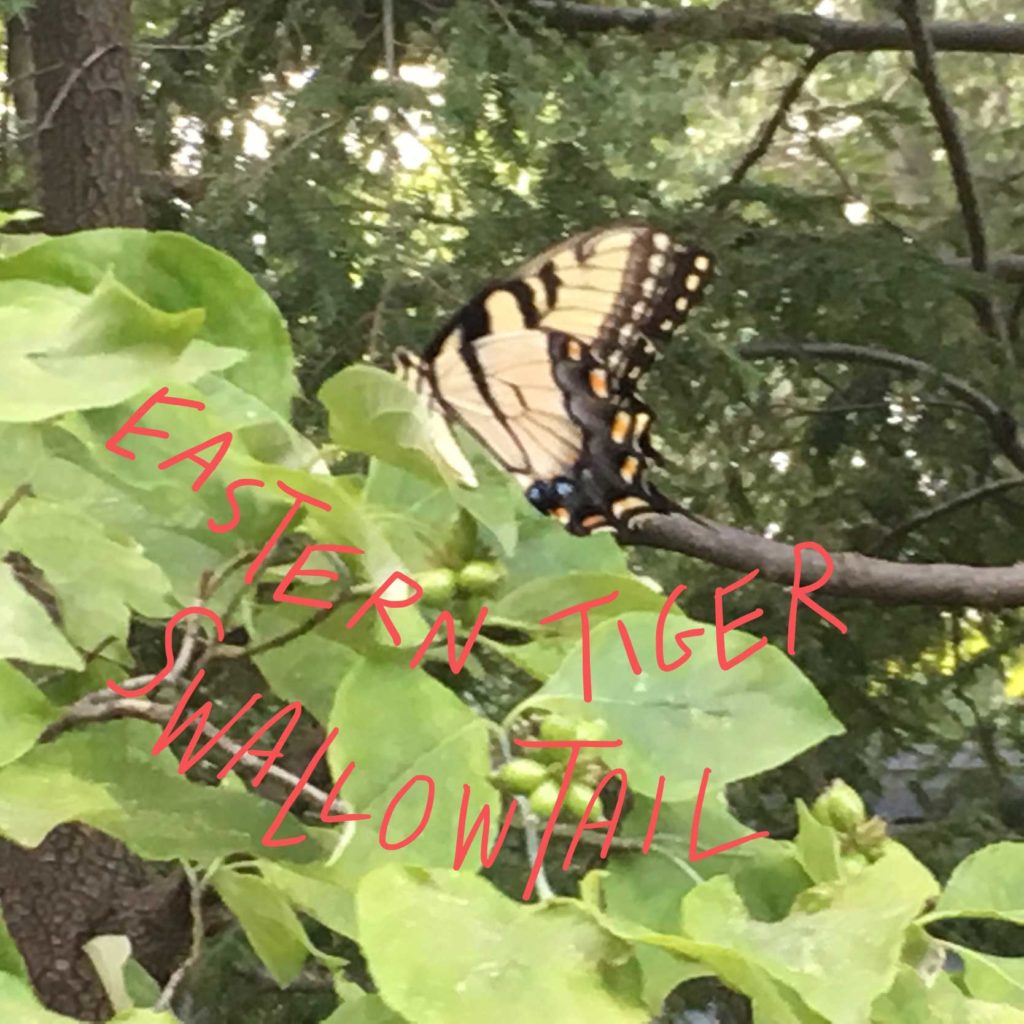
Each summer the Maryland Department of Agriculture sprays weekly for mosquitoes in 2100 communities, including West Annapolis and Wardour. Wardour residents can check email for information on when the spraying occurs, what pesticides are used, and how to opt out if you wish. Discussion at our spring meeting this weekend showed, as always, that neighbors feel differently about how to weigh the risks of pesticide exposure vs. exposure to mosquito-borne diseases. What we can agree on is that preventing mosquitoes is better than spraying. When mosquito numbers are low enough, the MDA will skip spraying for that week. The same goes if you’re considering using a commercial mosquito control company: the CDC and EPA recommend starting with removal of mosquito habitat.
Read more
- MDA mosquito program: https://mda.maryland.gov/plants-pests/pages/mosquito_control_program_description.aspx
- EPA: https://www.epa.gov/insect-repellents/tips-prevent-mosquito-bites
Below are some reminders on how to make it harder for mosquitoes to breed in your yard and some downsides of using pesticides for mosquito control.
MOSQUITO PREVENTION
Remove standing water
Mosquito larvae can mature in 4 days and in as little as 1 tsp. water.
- Every 2-3 days, refresh water in bird baths and check for standing water in pet dishes, kids’ toys, trash can lids, and so on.
- Make sure that your gutters are free of leaf debris and are draining properly.
- Opt for smooth instead of flexible drain pipes for gutter run off. Water can pool in corrugated drains. If you have these, you can cover the end with pantyhose and a rubber band so that water can get out but mosquitoes can’t get in.
Read more:
- http://mda.maryland.gov/plants-pests/Pages/tips_rid_your_community_mosquito_breeding_sites.aspx
- http://aawsa.org/blog-posts/2019/5/9/mosquitoes-dont-have-to-suck
Use fans
An effective mosquito repellent you can use on patio or porch is moving air. The fan keeps mosquitoes away in two ways. They can’t fly into the strong air currents generated by the fan. And the fan disperses the scent trails that allow mosquitoes to find you.
Read more: https://www.nytimes.com/2013/07/16/science/a-low-tech-mosquito-deterrent.html
Remove English ivy
The dense growth of English ivy on tree trunks or on the ground holds water and makes a great mosquito breeding zone.
See this previous post on how to remove ivy and what to plant instead: http://wardour.org/save-your-trees-remove-english-ivy/
Target larvae, not adults
Doug Tallamy, TA Baker Professor of Agriculture and Natural Resources at the University of Delaware, points out that “targeting adult mosquitoes is the worst and by far the most expensive approach to mosquito control, because mosquitoes are best controlled in the larval stage.” Here’s what he recommends:
“Put a five-gallon bucket of water in a sunny place in your yard and add a handful of hay or straw. After a few days, the resulting brew is irresistible to gravid (egg-filled) female mosquitoes. After the mosquitoes have laid their eggs, add a commercially available mosquito dunk tablet that contains Bacillus thuringiensis (Bt), a natural larvicide, to your bucket. The eggs will hatch and the larvae will die. This way, you control mosquitos, without the use of harmful insecticides” (Tallamy, 210).
Read more: Douglas W. Tallamy. Nature’s Best Hope: A New Approach to Conservation that Starts in Your Yard. Portland: Timber Press, 2019.
Attract mosquito predators to your yard:
Bat boxes
For information on bat boxes and how to attract bats to your yard, see: https://www.batcon.org/about-bats/bat-houses/
Dragonflies
Both dragonfly larvae and adults eat mosquitoes, and the dunks for mosquito larvae shouldn’t harm dragonfly larvae. These native flowering plants can help attract dragonflies:
- Black-eyed Susan (Rudbeckia hirta)
- Joe Pye weed (Eupatorium fistulosum)
- Swamp milkweed (Asclepias incarnata)
Read more: https://www.hgtv.com/outdoors/landscaping-and-hardscaping/invite-dragonflies-into-your-garden
PROBLEMS WITH PESTICIDES
Effects on birds, bees, and other insects
Pesticides don’t selectively control for mosquitoes but also kill bees, other pollinators, beneficial insects, and fish. Birds rely on insect larvae to feed their nestlings, so applying pesticides has the unintended effect of starving birds. The Audubon Society reports that “Over the last 50 years North America has lost over 3 billion birds.” Our suburban yards can restore habitat for birds, but that means supplying them with caterpillars. Many kinds of birds eat mosquitoes, so more birds can mean fewer mosquitoes.
Read more: https://www.audubonva.org/news/non-toxic-mosquito-control
Effects on the Bay
Pesticide run-off from both agriculture and residences builds up in the Bay, where it “can be toxic to aquatic life, wildlife and humans.”
For more on possible harm to humans from compounds in mosquito sprays, see: